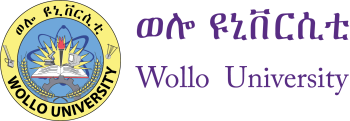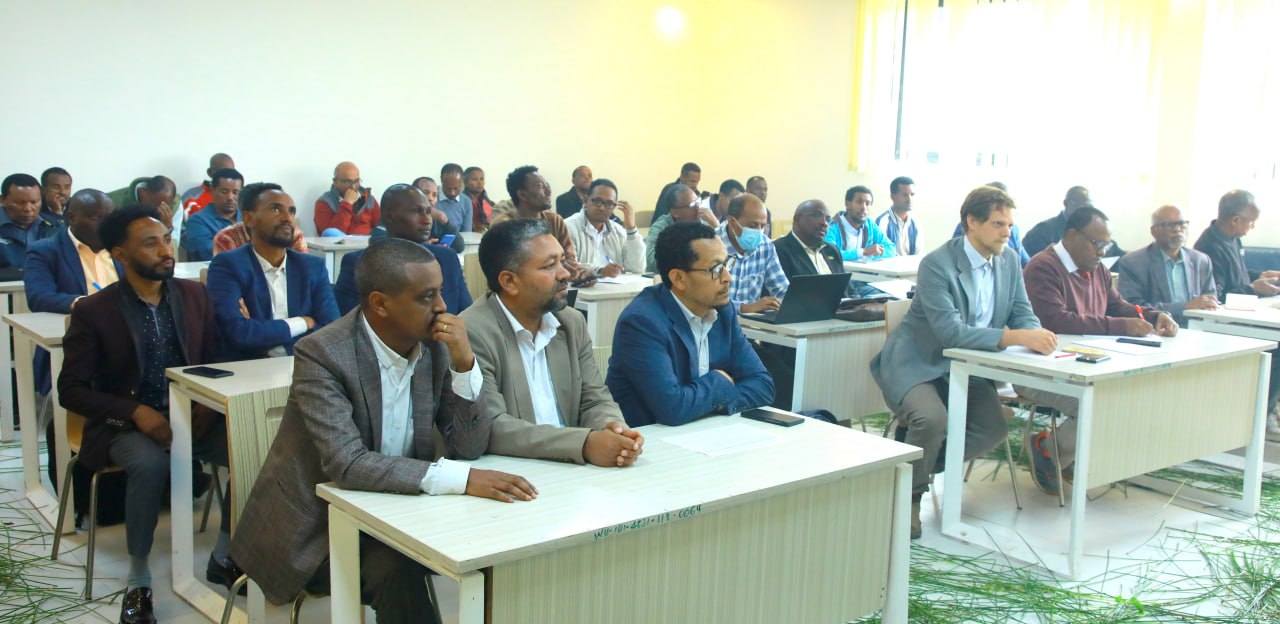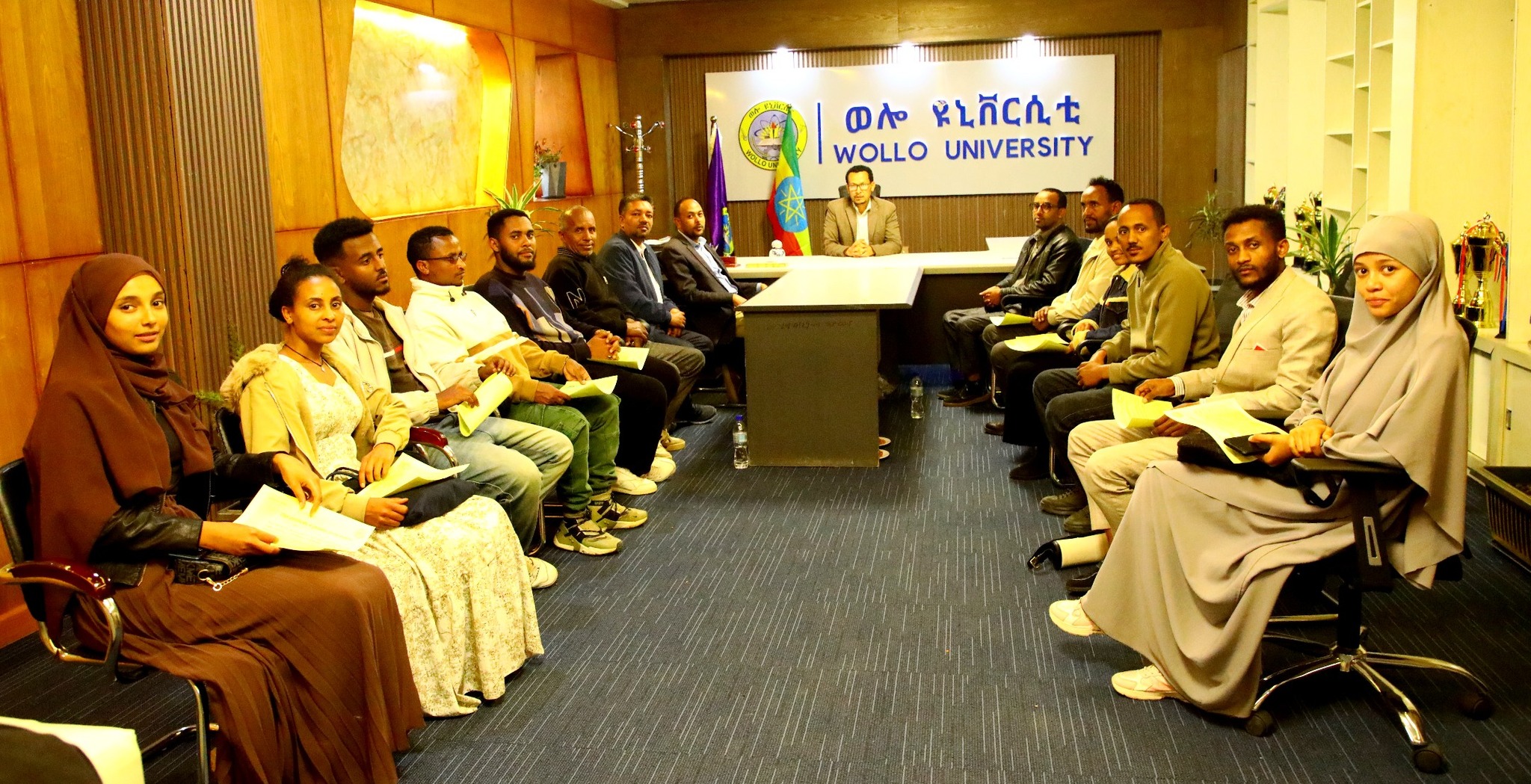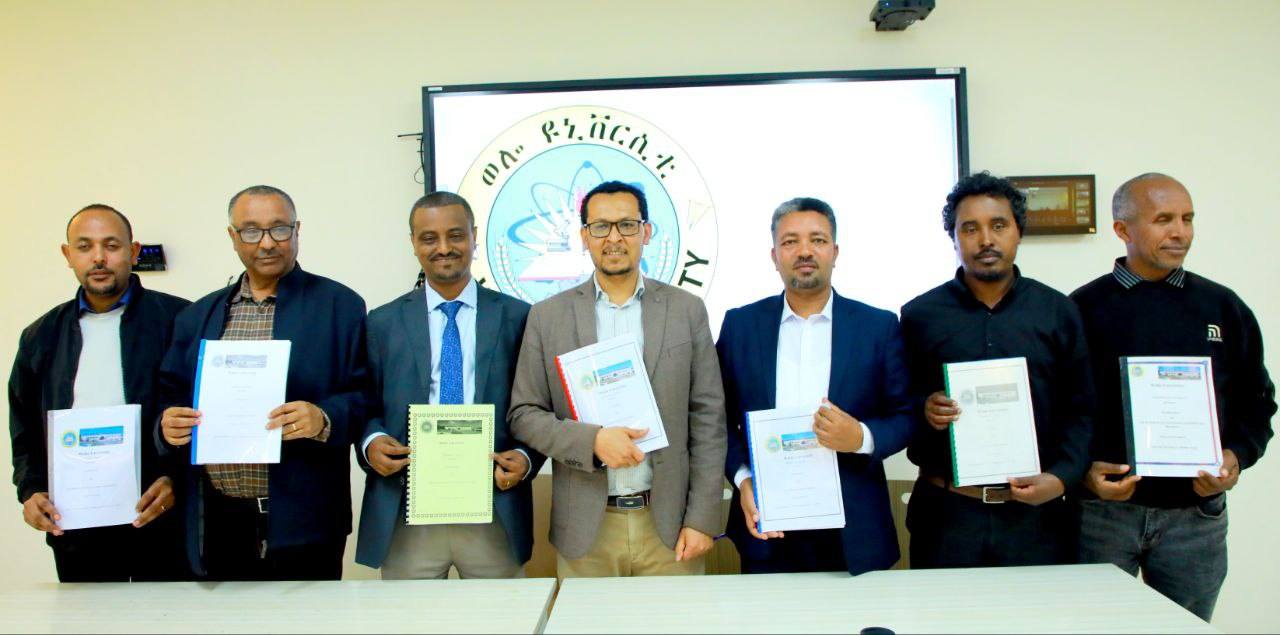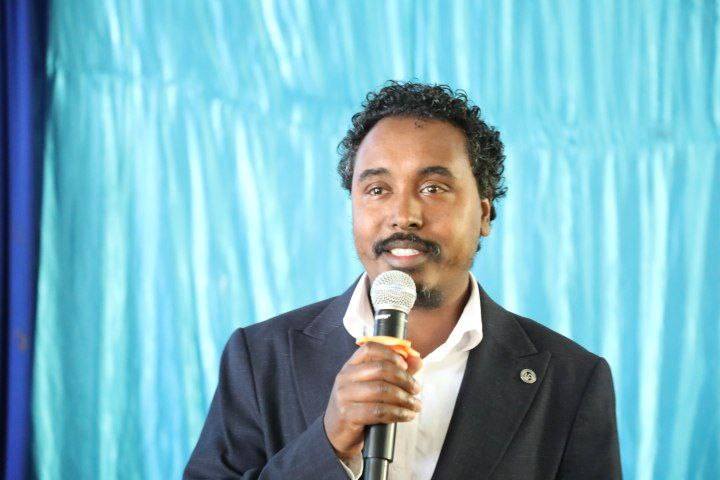A seminar on mixed cropping was held at Wollo University, Dessie Campus, featuring researchers from the Kenya Cereal Growers Association, the Ethiopian Traditional Mixed Cropping Project, and the New York Botanical Garden Research Institute, USA.
The university president, Dr. Awol Seid, opened the event and acknowledged delegates from the USA, Kenya, the Ethiopian Public Health Institute, and Addis Ababa University for sharing their extensive research and collaborative experiences. He emphasized that the seminar is a venue for gaining knowledge and experience and encouraged all participants to engage actively.
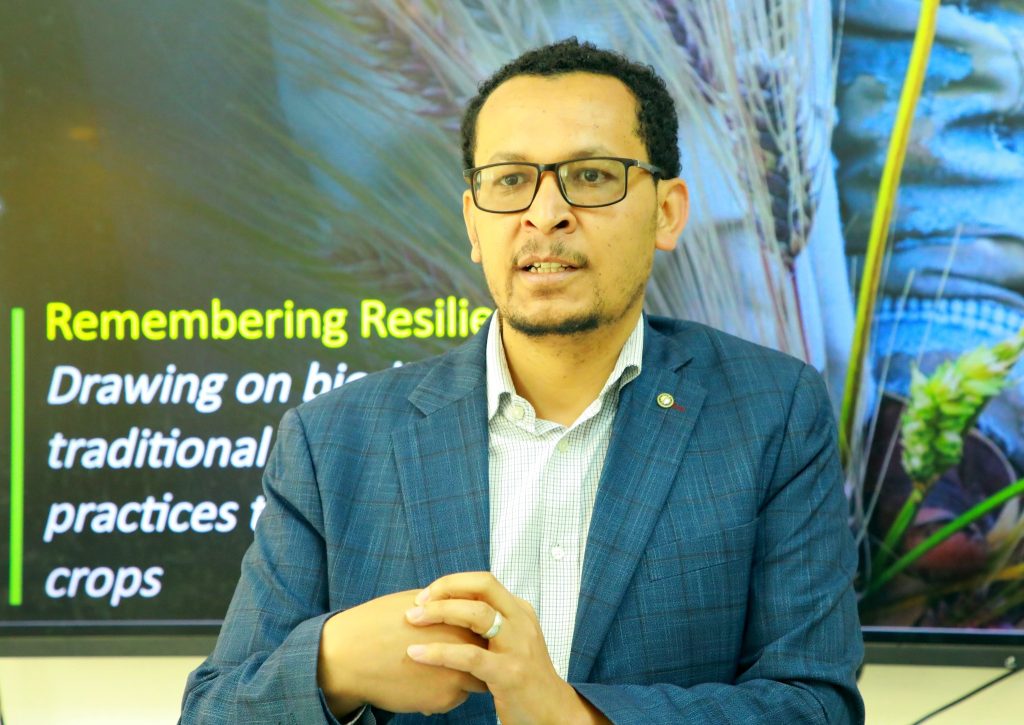
The program included a paper titled “Remembering Resilience: Drawing on biodiversity and traditional agriculture practices to climate-proof our staple crops” by Dr. Alex C. McAlvay, a research scientist from the New York Botanical Garden. The paper highlighted the significant role of intercropping in increasing production, promoting sustainability, and ensuring a balanced food supply.
Representatives from the Kenya Cereal Growers Association, including Dr. Moses Mwanje, Mr. Oswald Miriti, and Mr. Josphat Musenze, shared experiences in intercropping service delivery. They reviewed the association’s profile, best practices of the Agricultural Center, farmer engagement, market linkages, and the role of intercropping in food security and climate resilience.
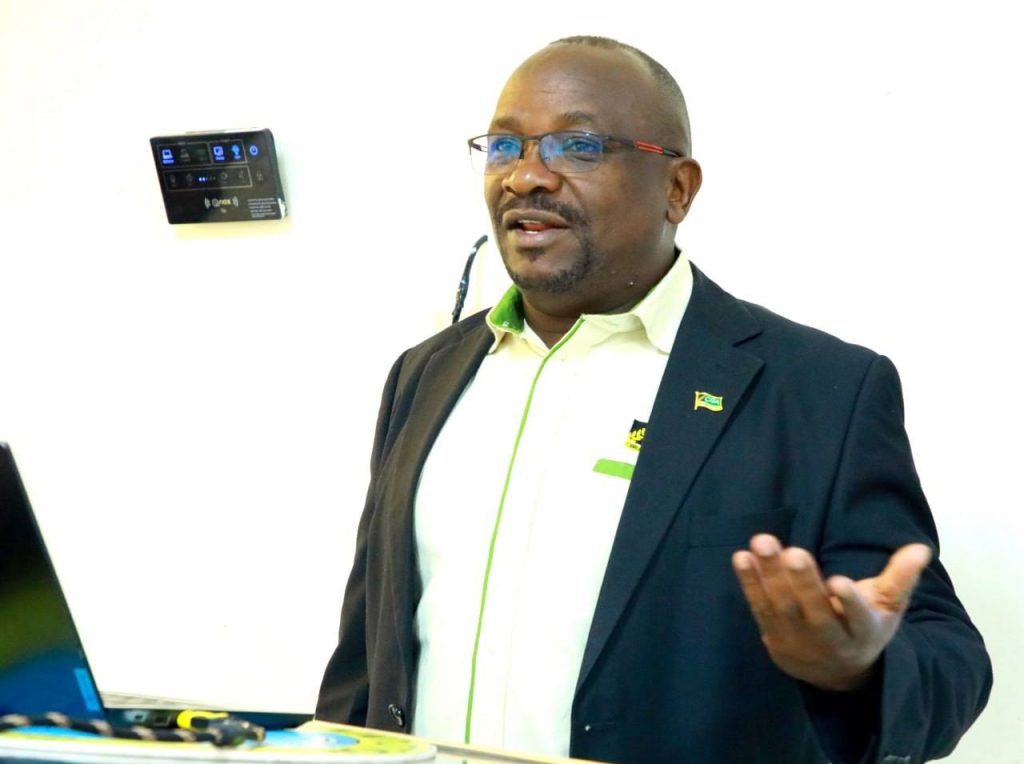
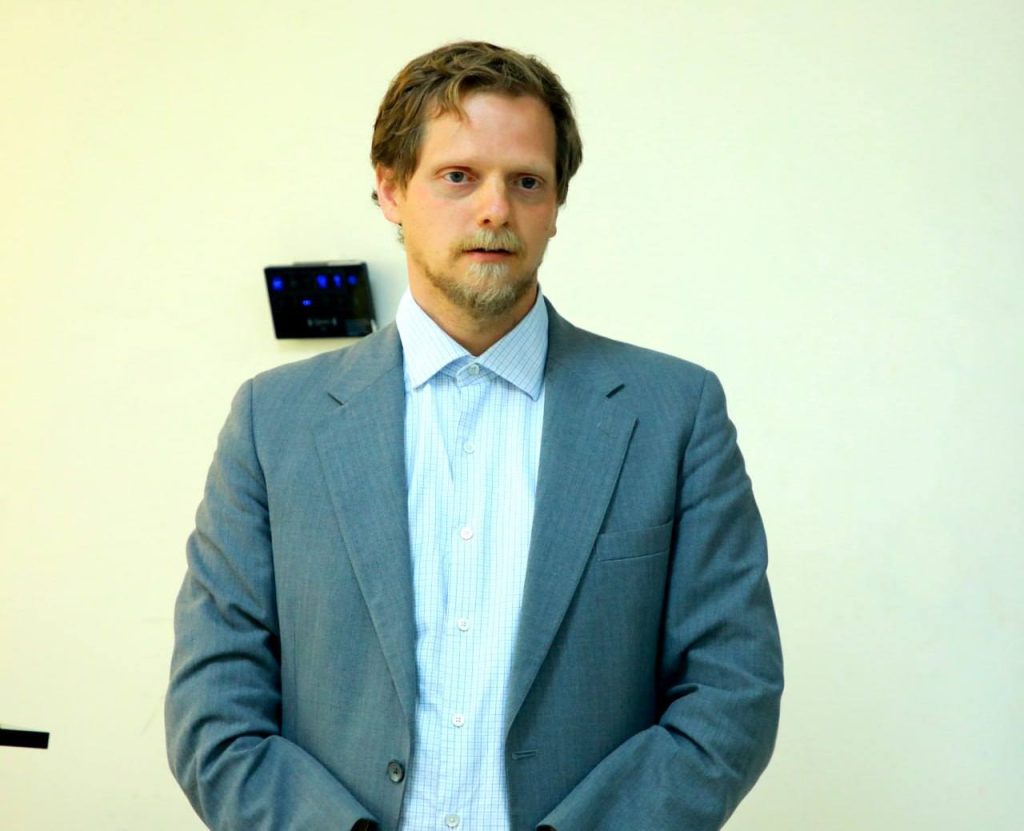
Following the presentations, a wide-ranging discussion addressed potential strategies to expand the mixed cropping system and benefit the community. Questions, ideas, and comments were addressed by Professor Zemede Asfaw, indigenous knowledge expert at Addis Ababa University; Dr. Endale Amare from the Ethiopian Public Health Institute; Dr. Asmare Dejen, Director General of the Amhara Regional Agricultural Research Institute (ARARI) and researcher; and Dr. Alex C. McAlvay, botanist at the New York Botanical Garden.
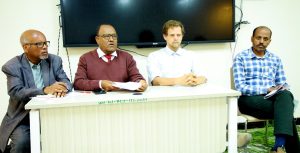
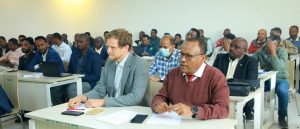
Participants gained extensive understanding and experience, exchanged knowledge among experts, and developed ideas to benefit the community. Certificates of appreciation and recognition were awarded to those who contributed to the project’s success and long term sustained partnership with Wollo University.
